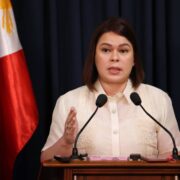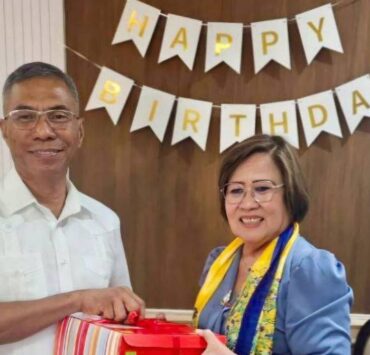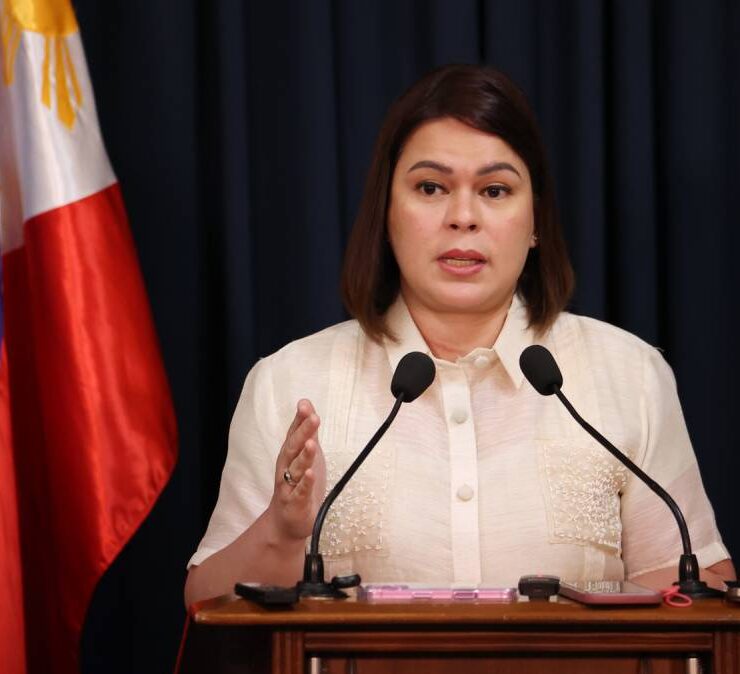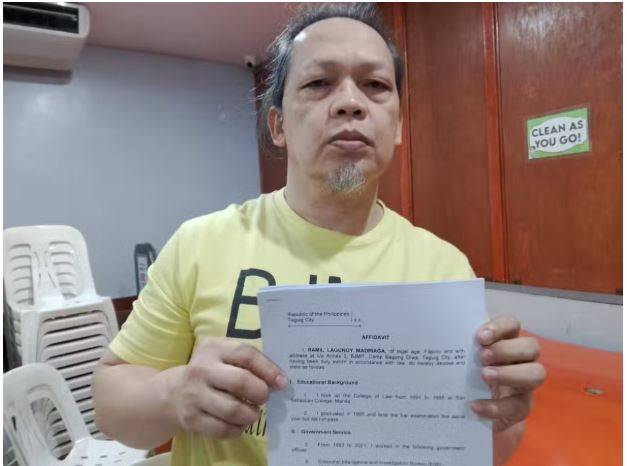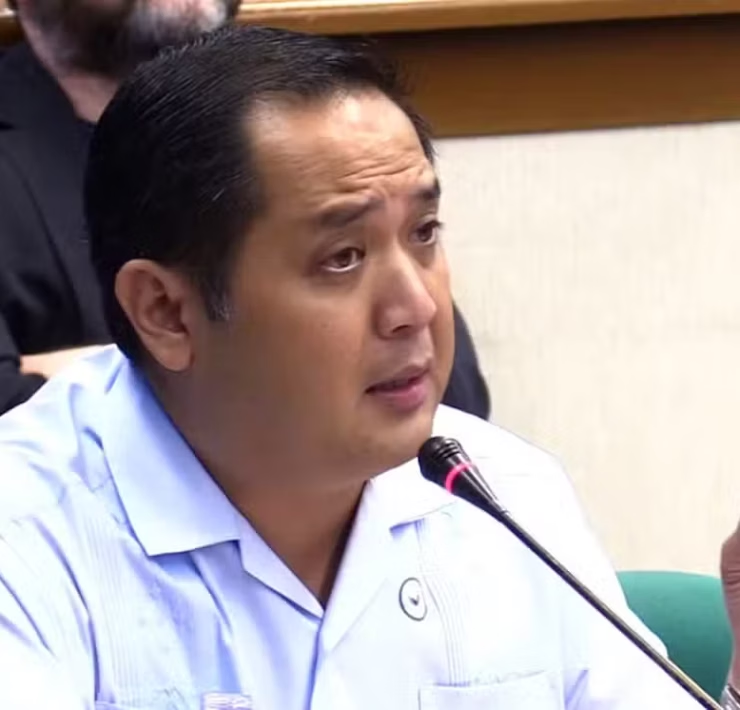Marcos orders lifestyle checks, starts with DPWH
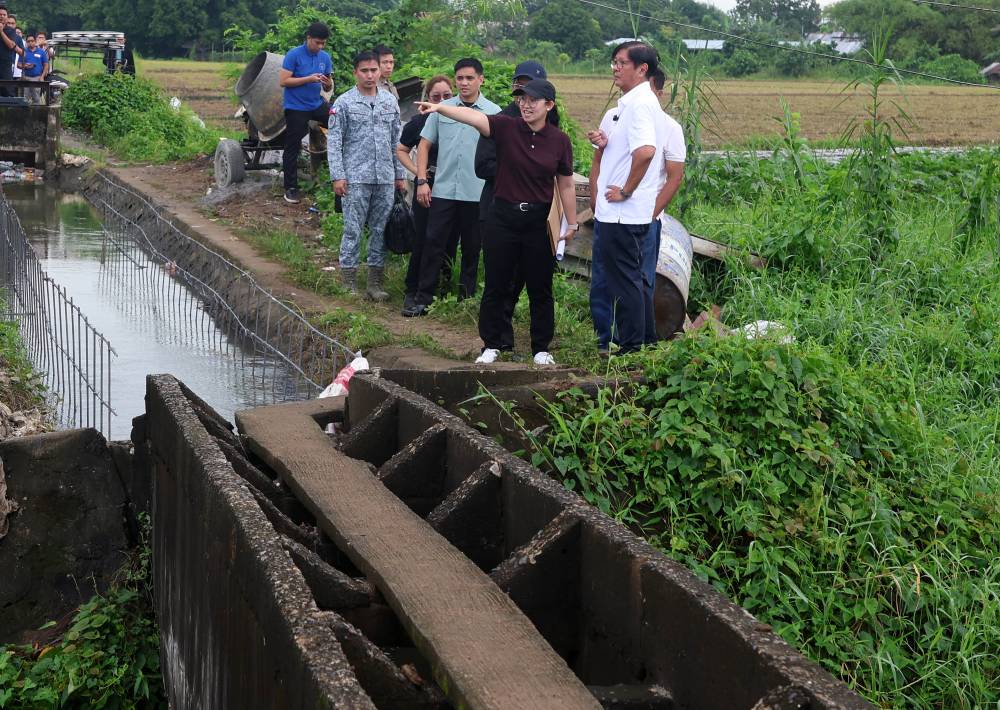
President Marcos has ordered a lifestyle check on all government officials–starting with those in the Department of Public Works and Highways (DPWH) — as part of a widening scrutiny of flood-control projects, Palace Press Officer Claire Castro said on Wednesday.
Castro said the President’s directive covers the entire executive department, beginning with the DPWH, the agency implementing and overseeing the multibillion-peso projects he wanted investigated for alleged irregularities.
“We cannot deny the fact that there are DPWH officials who are involved and we should start the lifestyle checks with them,” she said in a media briefing.
Castro said the lifestyle check would be carried out by the concerned agencies themselves and that the public may count on the transparency of the results.
But Malacañang also asked other agencies, particularly the Office of the Ombudsman, the Commission on Audit (COA), the bureaus of internal revenue (BIR) and of customs (BOC), as well as local government units (LGUs) to conduct parallel probes.
“As the President pursues his crackdown against corrupt personalities, this also serves as a signal to other government agencies to also do their respective work and carry out their own investigation on this matter,” Castro said.
“We can see that many personalities have acquired luxury cars. This should also be checked by the BOC to determine if the proper taxes have been paid,” she said, adding:
“For the LGUs, if they notice that the contractors are handling very large projects and earning significant amounts, they should check if these are in accordance with the taxes they are paying to them and remitted before the BIR.”
Track record
“The President said himself that he would not stop this investigation and he would resolve this before his term ends,” Castro said. “Charges will definitely be pursued and those who are found liable will face cases. No one will be spared— no favorites, no allies — whoever is involved in this will be charged.”
Though yet to be conveyed in a formal executive order, it marked the first time for the President to call for such an approach to fighting corruption, more than halfway through his term.
A group of opposition lawmakers already scoffed at the order, noting that Mr. Marcos himself had never been transparent about his source of wealth. (See related story on this page).
The last government-wide lifestyle check was initiated in 2002 when then President Gloria Macapagal-Arroyo issued Executive Order No. 12 creating the Presidential Anti-Graft Commission (PAGC).
However, it was abolished in 2010 by her successor, President Benigno Aquino III, with its functions transferred to the Office of the Deputy Executive Secretary for Legal Affairs (Odesla).
In 2017, its powers and functions were transferred to the Presidential Anti-Corruption Commission (PACC) created by former President Rodrigo Duterte.
One of the high-profile cases that involved a lifestyle check was that of former Iloilo City Mayor Jed Patrick Mabilog, whom Duterte ordered investigated in August 2017.
In October that year, the Ombudsman dismissed Mabilog from service for failing to explain an increase of nearly P9 million in his wealth within a year.
In December 2018, then Agriculture Secretary Manny Piñol also underwent a lifestyle check following rumors that he made money from rice importation deals as head of the National Food Authority. He was eventually cleared in June 2019 after a seven-month investigation.
However, in September 2020, then Ombudsman Samuel Martires ordered a stop to lifestyle checks and also restricted access to the SALN (statement of assets, liabilities and net worth) of public officials.
Immediately after assuming presidency in mid-2022, Mr. Marcos issued EO 1, which dissolved PACC and returned its functions to Odesla.
Legal basis
Castro said every agency may conduct its own “independent and nonpartisan investigation” into the lifestyle of its officials.
“The President has already spoken, so each agency must fulfill its duty. We should expect this from them and also give them the appropriate trust for them to conduct these checks,” the Palace official said.
“But if we see any anomaly in the way they conduct their investigation, their work will also become questionable, and they might even end up being included in the investigation themselves,” she said.
Republic Act No. 6713, or the Code of Conduct and Ethical Standards for Public Officials and Employees, prohibits government officials and employees from living lavish lifestyles.
It also requires them to file their SALNs, whose accuracy can be verified by lifestyle checks.
Under RA 3019, or the Anti-Graft and Corrupt Practices Act, a public official who gained money or property “manifestly out of proportion to his salary and to his other lawful income shall be prima facie presumed to have committed graft.”
Lifestyle checks help authorities establish this presumption.
According to Castro, the President’s latest directive stemmed for his observation of certain public officials and their families, as well private persons connected to companies that had bagged government contracts, flaunting their wealth.













